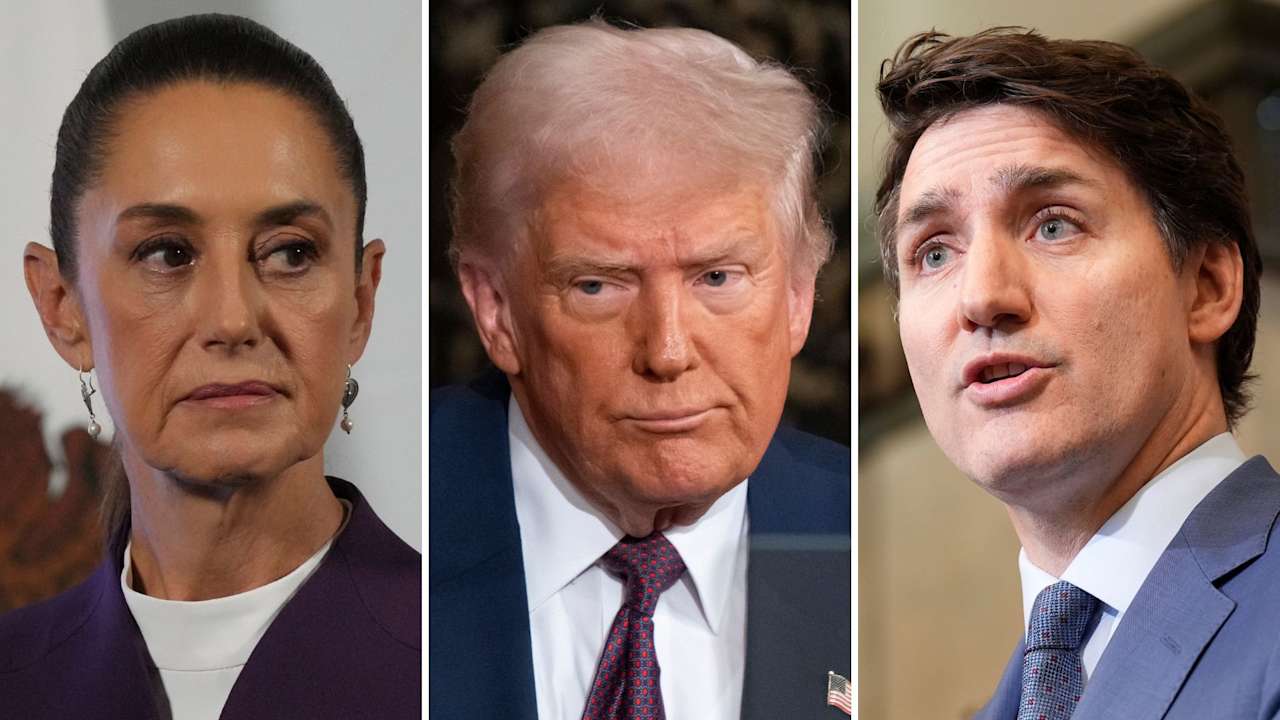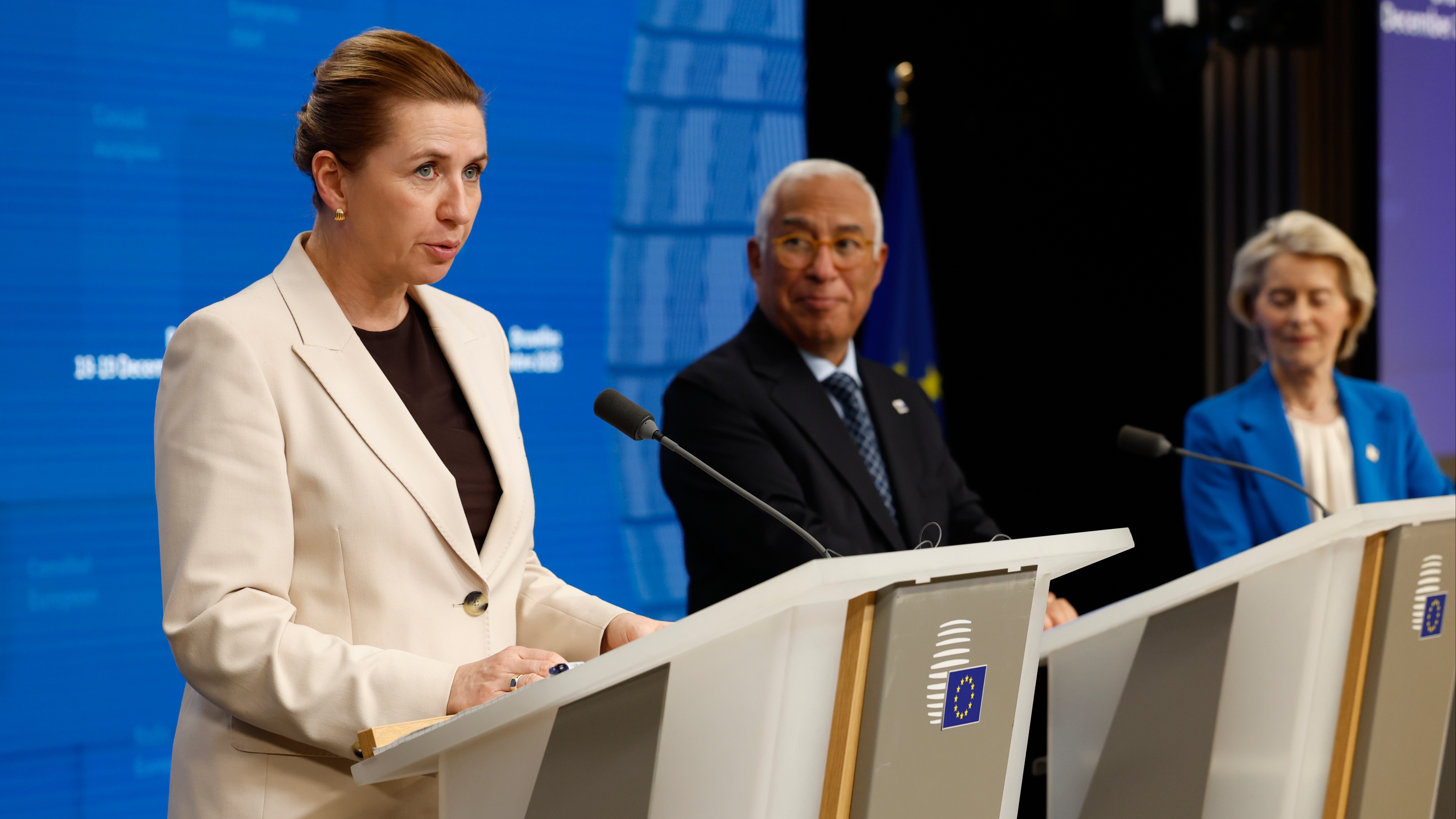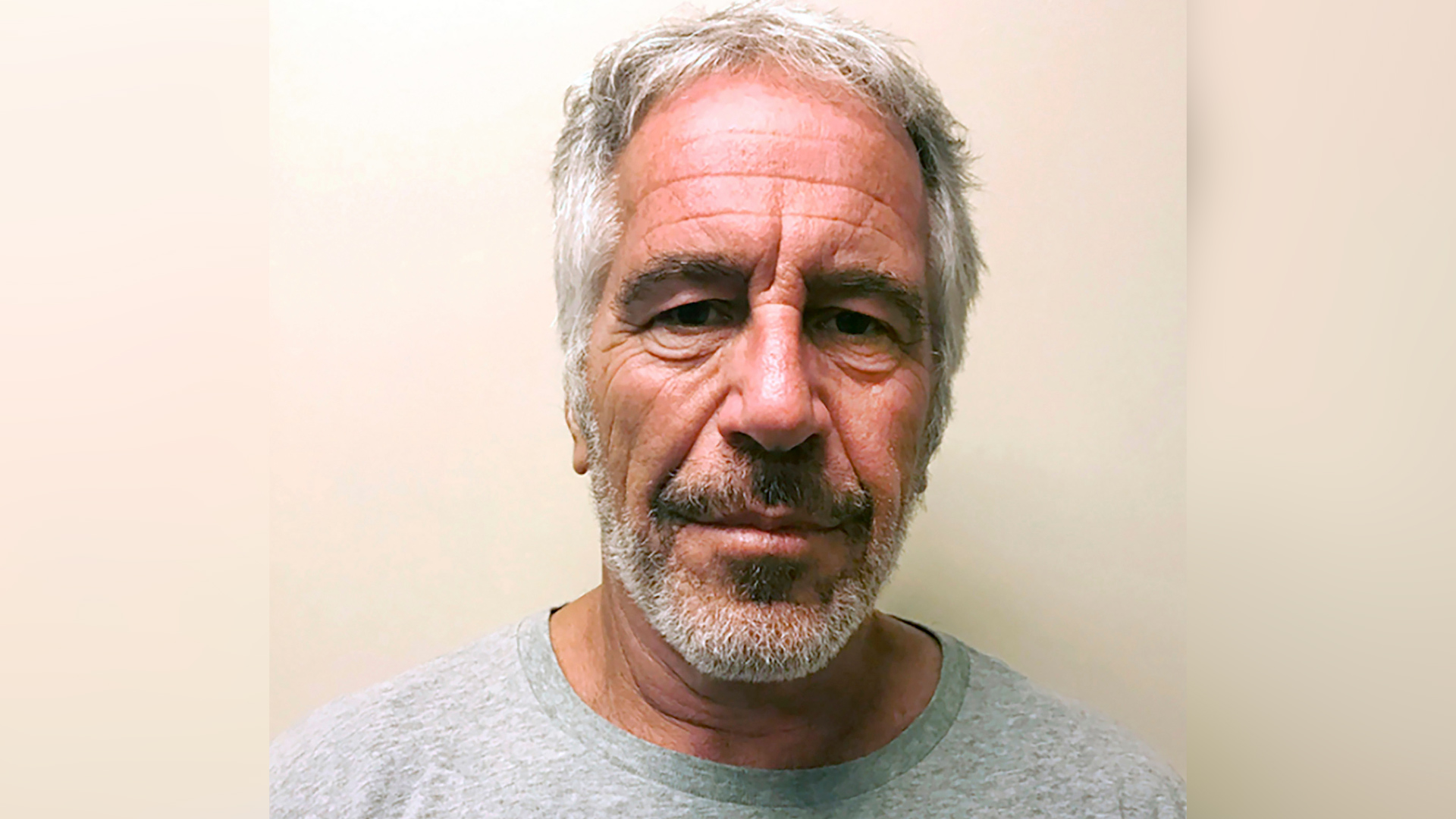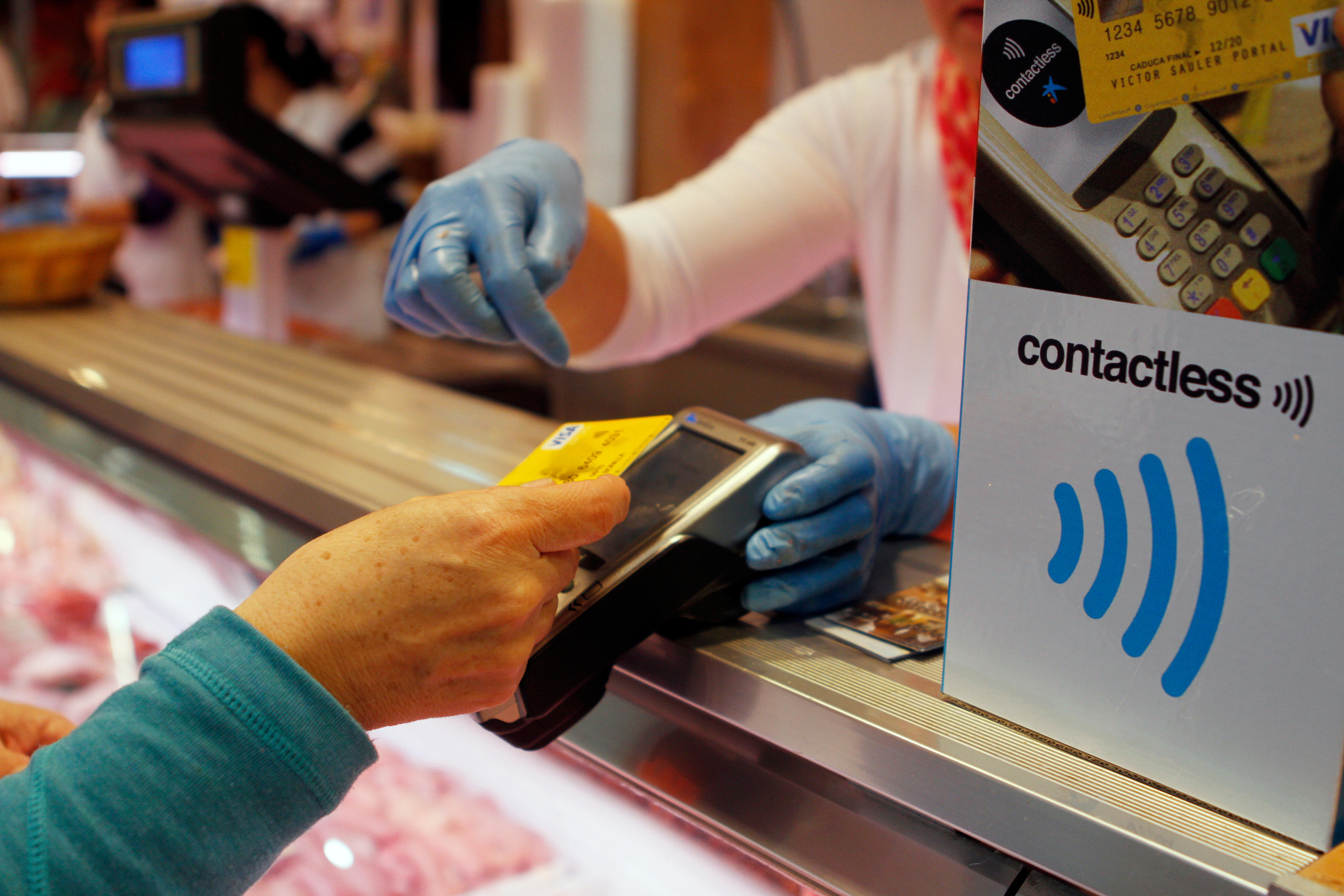US President Donald Trump has postponed 25% tariffs on many Mexican imports and some from Canada amid fears of economic fallout from a potential global trade war.
On Tuesday, Trump doubled tariffs on Chinese imports from 10% to 20%, and planned to impose 25% tariffs on Mexico and Canada.
The White House claims the tariffs aim to curb fentanyl smuggling, but Trump’s proposed tariffs have strained North America’s long-standing trade ties. His plans have also rattled the stock market and worried US consumers.
“Most of the tariffs go on April the second,” Trump said on Thursday before signing the orders.
“Right now, we have some temporary ones and small ones, relatively small, although it’s a lot of money having to do with Mexico and Canada.”
Trump also argued that the tariffs could be addressed by fixing the trade deficit.
Speaking in the Oval Office, he reaffirmed plans to impose “reciprocal” tariffs starting April 2. He also said he would not extend the exemption on the 25% auto tariff for another month.
What tariffs are being delayed?
Trump’s signed orders state that Mexican imports complying with the 2020 USMCA trade pact will be excluded from the 25% tariffs for a month.
The USMCA is a USA-Mexico-Canada Agreement, negotiated by Trump during his first term, that makes the three North American countries a free trade zone.
Auto-related imports from Canada that meet the trade deal’s terms will also avoid the 25% tariffs for a month.
However, potash imports for US farmers will face a 10% tariff – the same rate Trump plans for Canadian energy products.
He confirmed he has no plans to extend the auto tariff exemption beyond the initial month.
Mexico’s response
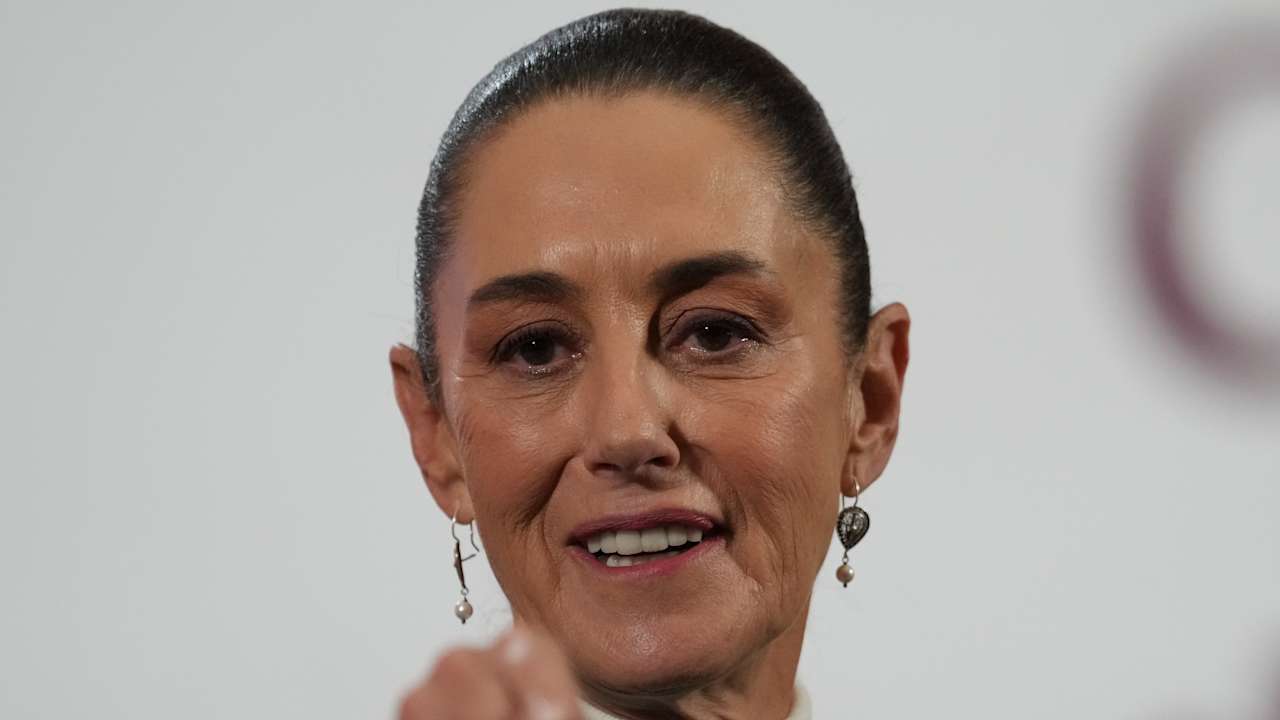
Mexican President Claudia Sheinbaum was set to announce retaliatory tariffs on Sunday.
However, Trump praised her on Thursday for making progress on illegal immigration and drug smuggling, citing it as a reason for again delaying tariffs that were originally set to take full effect in February.
“I did this as an accommodation, and out of respect for, President Sheinbaum. Our relationship has been a very good one, and we are working hard, together, on the Border, both in terms of stopping Illegal Aliens from entering the United States and, likewise, stopping Fentanyl,” Trump wrote on Truth Social after a phone conversation with the Mexican president.
“Thank you to President Sheinbaum for your hard work and cooperation!”
Sheinbaum said in a post on X that she and Trump “had an excellent and respectful call in which we agreed that our work and collaboration have yielded unprecedented results”.
Mexico has intensified its crackdown on cartels, deployed troops to the US border, and handed over 29 high-profile cartel bosses sought by American authorities to the Trump administration within weeks.
“I told him we’re getting results,” Sheinbaum said.
But the US imposed the tariffs, so she asked Trump: “How are we going to continue cooperating, collaborating with something that hurts the people of Mexico?”
She added that “practically all of the trade” between the US and Mexico will be exempt from tariffs until April 2.
Relations between the US and Canada remain frosty
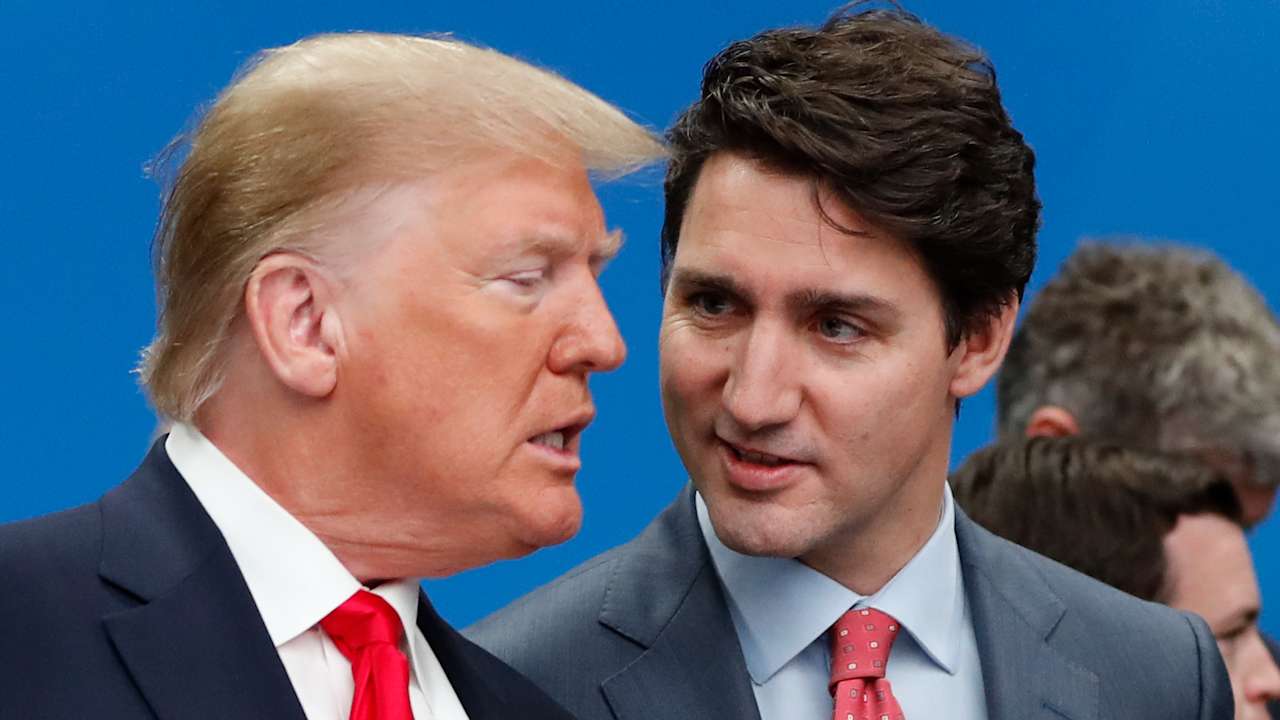
Despite the tariff delay, US-Canada relations remain strained.
A senior Canadian government official said Canadian Prime Minister Justin Trudeau’s call on Wednesday with Trump became heated.
The US president used profanity while complaining about protections in Canada’s dairy industry.
The official, who spoke on the condition of anonymity as they were not authorised to speak publicly about the call, said Trudeau did not use profanity.
A day before, Trudeau called Trump’s Tuesday tariffs “a very dumb thing to do”.
Ontario Premier Doug Ford, the leader of Canada’s most populous province, announced that starting Monday, the province will raise electricity prices by 25% for 1.5 million American customers in response to Trump’s tariff plan.
Ontario supplies power to Minnesota, New York, and Michigan.
“This whole thing with President Trump is a mess,” Ford said on Thursday. “This reprieve, we’ve went down this road before. He still threatens the tariffs on April 2.”
Ford’s office stated that the tariff would remain in effect, even if there is a one-month truce from the Americans.
Ford has suggested that as long as the threat of tariffs persists, Ontario’s position will remain unchanged.
A resilient China
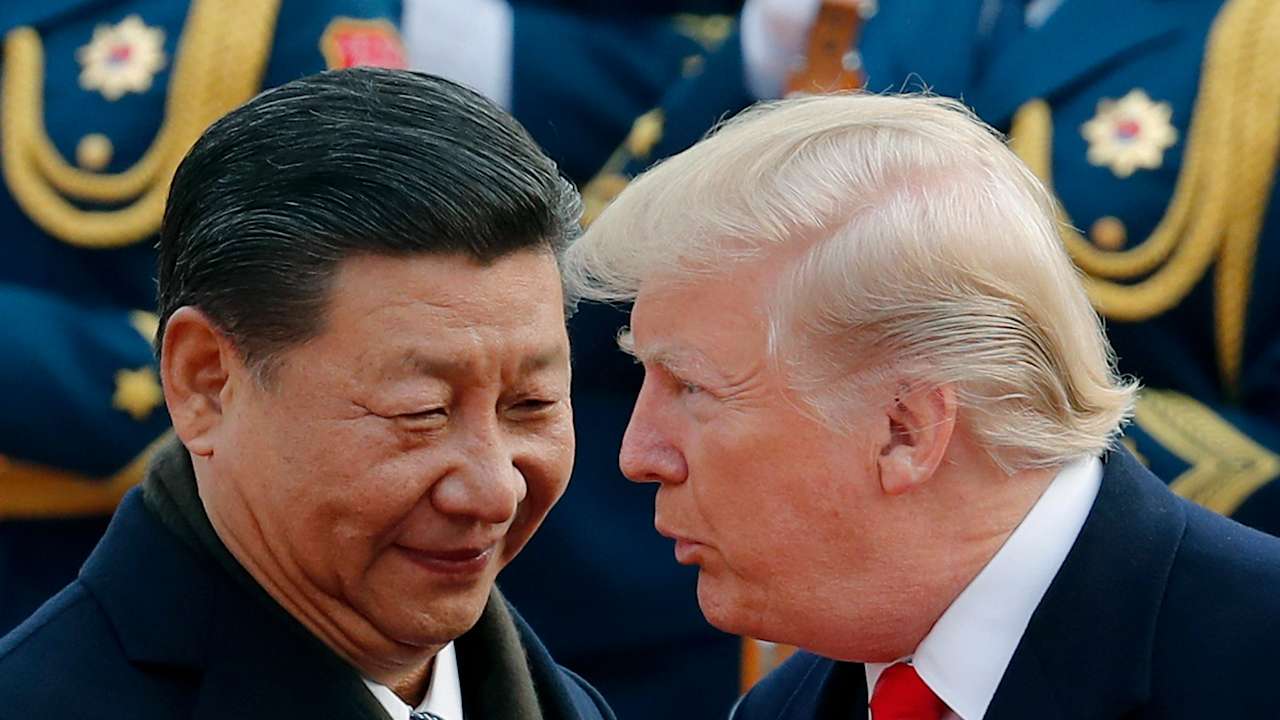
China hit back on Trump’s Tuesday tariff announcement with its own extra tariffs on US farm products.
A 15% tariff, which will take effect on March 10, will apply to chicken, wheat, corn, and cotton, while a 10% tariff will cover sorghum, soybeans, pork, beef, seafood, fruit, vegetables, and dairy.
Early on Friday, Chinese Foreign Minister Wang Yi said China will retaliate and accused Washington of “meeting good with evil”.
“No country should fantasize that it can suppress China and maintain good relationship with China at the same time,” Wang said.
“Such two-faced acts are not good for the stability of bilateral relations or for building mutual trust.”
Follow STV News on WhatsApp
Scan the QR code on your mobile device for all the latest news from around the country


